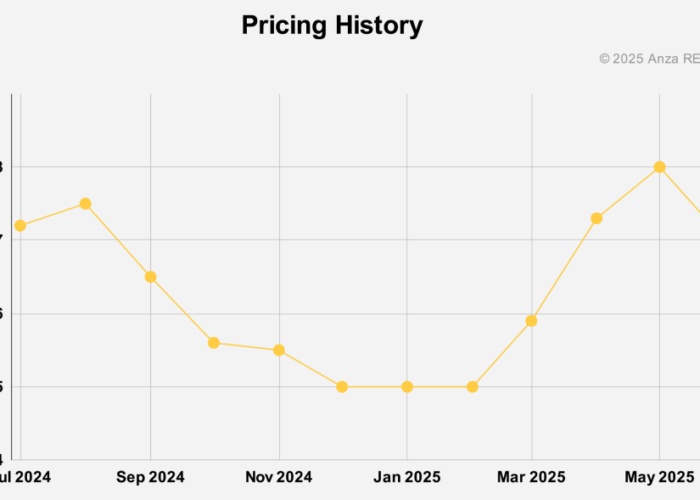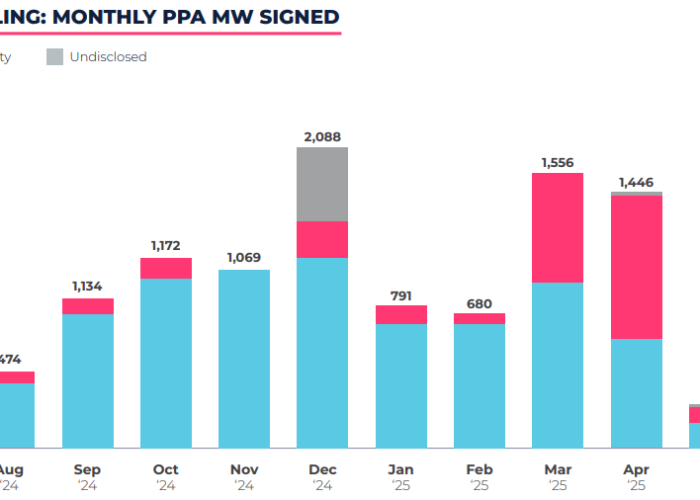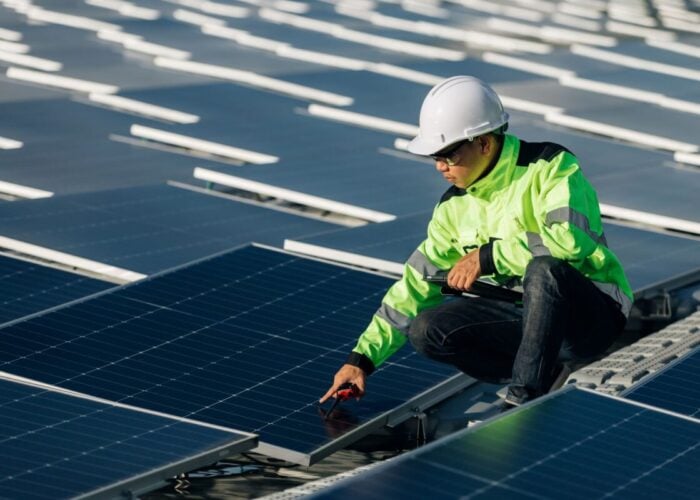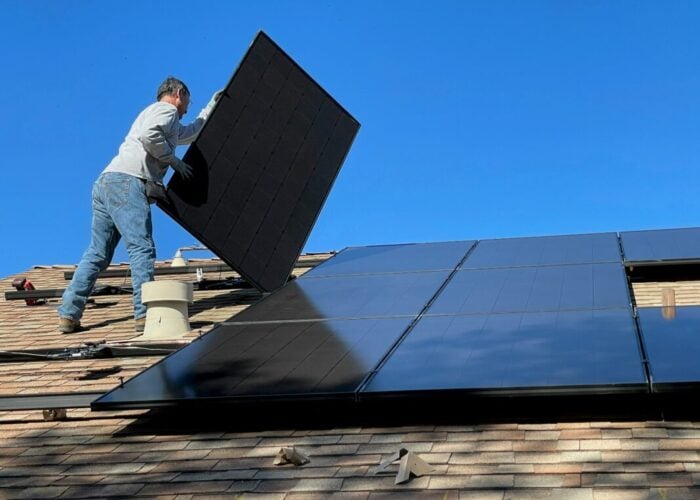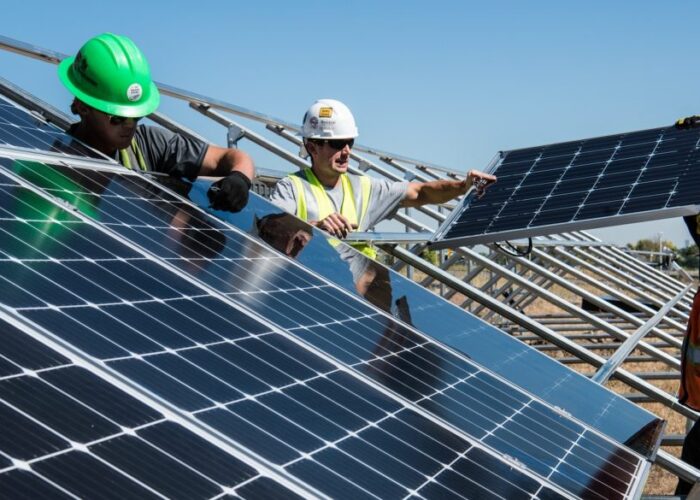Several obstacles to the installation of new solar power generating capacity in India must be overcome if the government’s ambitious renewable energy plans are to stay on track, according to Raj Prabhu, chief executive officer at clean energy consultancy and communications firm Mercom.
The latest phase of India’s solar power installation programme, the Jawaharlal Nehru National Solar Mission (JNNSM) is expected to implement solar power capacity over phases with the current phase ending in 2013 and the next phase taking place from 2013 until 2017. The ultimate aim is for solar power generation capacity to reach 22GW by 2020.
Unlock unlimited access for 12 whole months of distinctive global analysis
Photovoltaics International is now included.
- Regular insight and analysis of the industry’s biggest developments
- In-depth interviews with the industry’s leading figures
- Unlimited digital access to the PV Tech Power journal catalogue
- Unlimited digital access to the Photovoltaics International journal catalogue
- Access to more than 1,000 technical papers
- Discounts on Solar Media’s portfolio of events, in-person and virtual
A reverse auction has been expected to take place since the Indian Ministry of New and Renewable Energy (MNRE) announced a new tender process in late April of this year. Around 750MW of PV power generation capacity is expected to be put up for tender, with the developer offering the lowest bid price to be given a grant for up to 30% of the cost of building the plant.
Various reports have surfaced, including an interview conducted by Bloomberg New Energy Finance with MNRE joint-secretary Tarun Kapoor in which he stated that subject to cabinet approval, the tender process could take place as soon as mid-October, while on the other hand forthcoming state assembly elections could put the date back as far as December.
Prabhu told PV-Tech: “Delays are not conducive to investment – investors don’t like uncertainty. What happens next? It is uncertain when the next phases will arrive. Government transparency for the process is needed and visibility in the market is very unclear”.
Prabhu said that Mercom Capital had spoken to the MNRE often to enquire when bidding would take place but despite being given solid dates by the ministry, delays nonetheless kept occurring. He says that it would be important both symbolically and practically for the Indian PV industry for the process to take place before December, keeping in line with commitments to install the 750MW phase by the end of the year and moving to the 2013 to 2017 phase successfully.
According to Prabhu, the lack of available capital made it understandable that developers would be enticed toward bidding for a guaranteed grant to make up the shortfall in building costs rather than applying under a Feed-in Tariff. However, this carries the risk that combined with a reverse auction system, developers lacking the requisite technical expertise and budget for quality materials and labour could put forward quotes that looked unfeasibly low on paper in order to win tenders. It also took away incentives for continued good performance, he said.
This type of bidding process, known as ‘viability gap funding’, is common in Indian infrastructure projects in other industries. However this model of Public Private Partnership (PPP) is thus far untried in the solar power sector. “We [Mercom Capital] question this ‘viability gap funding’ system as it has not typically worked so well in infrastructure projects [in other sectors]. Following an upfront payment, the developer has less incentive to care,” said Prabhu.
Along with the aforementioned points, Prabhu raised the particular concern that there are no requirements for developers entering the bidding process to have technical expertise in PV development.
A domestic content requirement was also stipulated in the tender document, however, as the anti-dumping controversy rolled on in the wake of the EU-China trade war, there was still no established rules as to exactly what percentage or ratio of parts and labour used in PV systems had to be domestically sourced.
Prabhu said that to call the new system an “experiment” may be going too far, but that he would personally prefer to see efforts instead being made to make the market more conducive to investment and more investor-friendly, citing the example of Germany, where a gradual Feed-in Tariff degression by increments has been used to try and stabilise the market.

